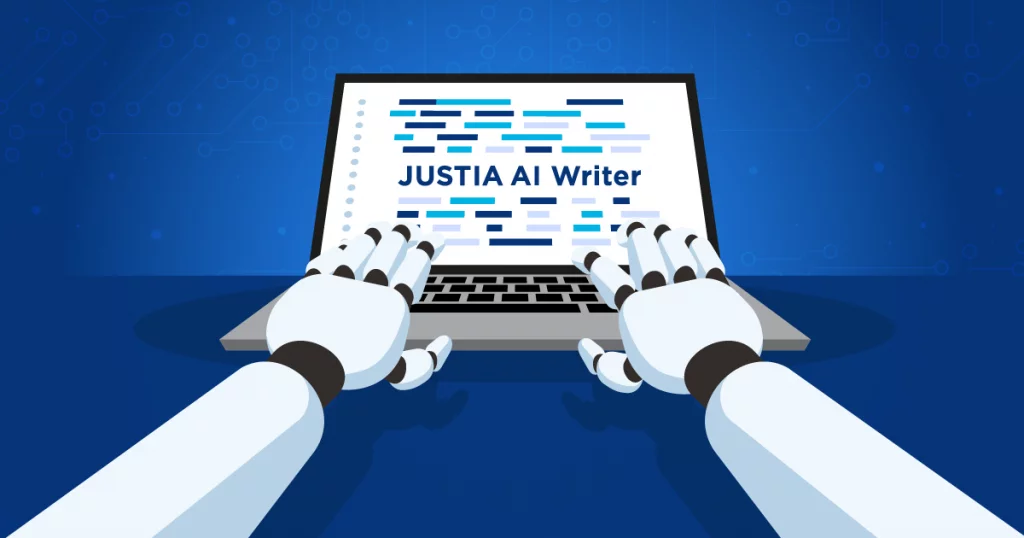Have you ever felt that you could not achieve the desired quality and success in writing with the help of artificial intelligence? Don’t worry, you are not alone. Many writers face similar challenges, often due to a few common mistakes. In this guide, we intend to identify these mistakes and provide you with practical solutions so that you can achieve the best results by optimally using artificial intelligence, without reducing the quality of work.
Common mistakes of writers who use artificial intelligence
Integrating artificial intelligence into the writing process can make a big difference; But this is not without challenges. Many writers fall into traps that can undermine the quality of their work and hinder their success. In this guide, we’ll explore five common mistakes writers make when using artificial intelligence and provide practical solutions to overcome them so your writing continues to be engaging, impactful, and effective.

1. Neglect of continuous learning
One of the most important mistakes made by authors who use artificial intelligence is not prioritizing continuous learning. It is important to understand that while AI can be a powerful tool, it is not a substitute for basic writing skills. To create compelling content, you must have a thorough understanding of the fundamentals of good writing, including grammar, structure, and storytelling techniques.
Solutions:
- Improve your writing skills with targeted practice.
- Be aware of the latest trends and writing techniques in the genre.
- Know the strengths and limitations of content generated by artificial intelligence.
- By constantly learning and refining your skills, you can identify AI weaknesses and improve your writing.
2. Underestimating the value of investment
Another mistake writers make is underestimating the value of the financial investment in writing. Although AI can simplify aspects of the writing process, it’s important to recognize that quality often comes at a cost. Investing in training, professional editing services, and quality book cover design can increase the overall appeal and marketability of your work.
Solutions:
- Manage your resources effectively to focus on areas of greatest impact.
- Know that strategic financial investments can have more returns in the long run.
- Balance your time and finances to optimize the writing process.
- By recognizing the importance of investing and making smart financial decisions, you can have a better chance of success in a competitive market.
3. Pure trust in artificial intelligence for editing
While AI can produce drafts quickly, relying solely on it for editing is a mistake many writers make. Careful editing is necessary to refine the work and ensure its quality. Cultivating attention to detail and understanding the nuances of language can help you spot and correct errors that AI might miss.
Solutions:
- Brush up on your editing skills to improve the coherence and readability of your content.
- Use professional editing services for additional proofreading.
- Remember that editing also involves refining the overall structure and flow of your writing.
- By understanding the importance of careful editing and putting in the time and effort to refine your work, you can ensure that your AI-generated content meets the highest quality standards.


4. Too much trust in artificial intelligence
While AI can be a valuable tool, relying too much on it can hurt the quality of your writing. It’s important to validate AI outputs at every stage of the writing process and take a balanced approach. Use artificial intelligence to enhance your writing; But don’t let it replace your own skills and judgment.
Solutions:
- Delegate specific tasks to experts to supplement AI capabilities.
- Take a critical view to evaluate and refine AI-generated content.
- Use the combination of artificial intelligence strengths and human expertise to create high-quality and engaging writing.
- By finding the right balance between AI and human input, you can harness the power of technology while ensuring that your unique voice and perspective are preserved in your work.
5. Neglecting the long-term mindset
Another common mistake is neglecting to have a long-term mindset. Writing is not a quick way to get rich; It requires hard work, commitment and smart strategies. Success in writing is a gradual process that requires constant effort and investment of time.
Solutions:
- Avoid the temptation to take shortcuts and focus on building a sustainable writing career.
- Emphasize the importance of working hard and smart to achieve your goals.
- Cultivate patience and perseverance and understand that success rarely happens overnight.
- By adopting a long-term mindset and a commitment to continuous improvement, you can overcome the challenges of AI writing and advance your writing career.
Integrating artificial intelligence into your writing process can be a transformative experience; But you should be aware of common pitfalls and take proactive steps to avoid them. By prioritizing continuous learning, smart investment, careful editing, balancing your use of AI, and taking a long-term view, you can tap into the full potential of AI-assisted writing and create impactful content that connects with your audience. Remember that the key to success is leveraging the strengths of both artificial intelligence and human expertise; As you continually improve your skills and adapt to the ever-evolving landscape of writing in the digital age.


RCO NEWS















